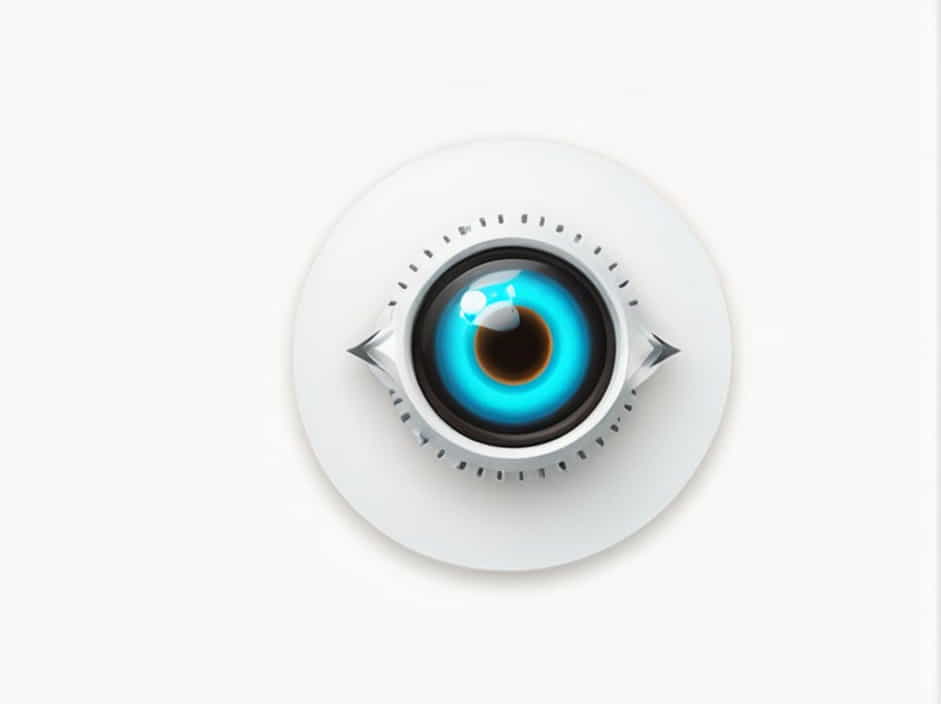Optometry is an essential field of healthcare that focuses on eye care, vision correction, and diagnosing eye conditions. Optometrists play a crucial role in ensuring people maintain good eyesight and overall eye health.
In this topic, we will explore the meaning of optometry, the role of optometrists, common eye conditions, and the importance of regular eye exams.
Definition of Optometry
Optometry is a healthcare profession that specializes in:
- Examining and diagnosing vision problems
- Prescribing and fitting eyeglasses and contact lenses
- Detecting and managing eye diseases
- Educating patients on eye health and care
Unlike ophthalmologists, optometrists do not perform surgery but can diagnose and treat many eye-related conditions.
The Role of an Optometrist
An optometrist is a licensed healthcare professional who provides primary vision care. Their responsibilities include:
- Conducting vision tests to determine clarity and focus
- Prescribing corrective lenses for nearsightedness or farsightedness
- Identifying and managing common eye diseases like glaucoma and cataracts
- Advising patients on eye health, nutrition, and preventive care
Difference Between Optometrist, Ophthalmologist, and Optician
Many people confuse these three professions, but they have distinct roles:
| Profession | Responsibilities | Medical Training |
|---|---|---|
| Optometrist | Vision testing, eye exams, prescription of glasses and contact lenses, diagnosing eye diseases | Doctor of Optometry (O.D.) |
| Ophthalmologist | Eye surgery, advanced treatments, disease management | Medical Doctor (M.D. or D.O.) specializing in ophthalmology |
| Optician | Fitting and dispensing glasses and contact lenses | Technical training, but not a medical doctor |
Common Eye Conditions Treated by Optometrists
Optometrists diagnose and help manage various vision and eye health issues. Some common conditions include:
1. Refractive Errors
These are the most common vision problems caused by the shape of the eye preventing light from focusing properly. They include:
- Myopia (Nearsightedness) – Difficulty seeing distant objects
- Hyperopia (Farsightedness) – Difficulty seeing close objects
- Astigmatism – Blurred vision due to an irregularly shaped cornea
- Presbyopia – Age-related difficulty in seeing close objects
2. Dry Eye Syndrome
A condition where the eyes do not produce enough tears, leading to:
- Itching, burning, or redness
- Sensitivity to light
- Blurry vision
3. Glaucoma
A serious eye disease caused by increased pressure in the eye, which can lead to permanent vision loss if untreated.
4. Cataracts
A condition where the eye’s natural lens becomes cloudy, leading to blurry vision and, in severe cases, blindness.
5. Macular Degeneration
An age-related condition that affects central vision, making it difficult to read or recognize faces.
6. Diabetic Retinopathy
A condition caused by diabetes, leading to damage in the blood vessels of the retina and potential blindness.
Importance of Regular Eye Exams
Regular eye exams are essential for maintaining good vision and detecting problems early. Experts recommend:
- Children should have their first eye exam by age 3-5 years.
- Adults should have an exam every 1-2 years, depending on their vision needs.
- Seniors and people with diabetes should have annual eye check-ups.
During an eye exam, an optometrist will:
- Check visual clarity using an eye chart
- Examine the health of the retina and optic nerve
- Test for glaucoma and other eye diseases
- Prescribe glasses or contact lenses if needed
How to Protect Eye Health
To keep your eyes healthy, follow these simple eye care tips:
1. Follow the 20-20-20 Rule
If you use digital screens for long periods, follow this rule:
- Every 20 minutes, look at something 20 feet away for 20 seconds.
2. Wear Protective Eyewear
- Use UV-blocking sunglasses when outdoors.
- Wear safety glasses during sports or hazardous work.
3. Maintain a Healthy Diet
Eat foods rich in:
- Vitamin A (carrots, sweet potatoes) for better night vision
- Omega-3 fatty acids (fish, walnuts) to prevent dry eyes
- Leafy greens (spinach, kale) to reduce the risk of eye diseases
4. Stay Hydrated
Drinking plenty of water helps prevent dry eyes and irritation.
5. Avoid Rubbing Your Eyes
Touching your eyes with dirty hands can lead to infections and irritation.
6. Get Enough Sleep
Resting your eyes reduces strain and fatigue, improving overall eye health.
Optometry is a vital healthcare profession that focuses on vision correction, eye disease diagnosis, and overall eye health. Optometrists play a crucial role in helping people maintain clear vision and detect serious eye conditions early.
Regular eye exams, proper eye care, and a healthy lifestyle are essential to protect your eyesight and prevent vision problems. If you experience any eye discomfort or changes in vision, visiting an optometrist can ensure timely treatment and long-term eye health.
